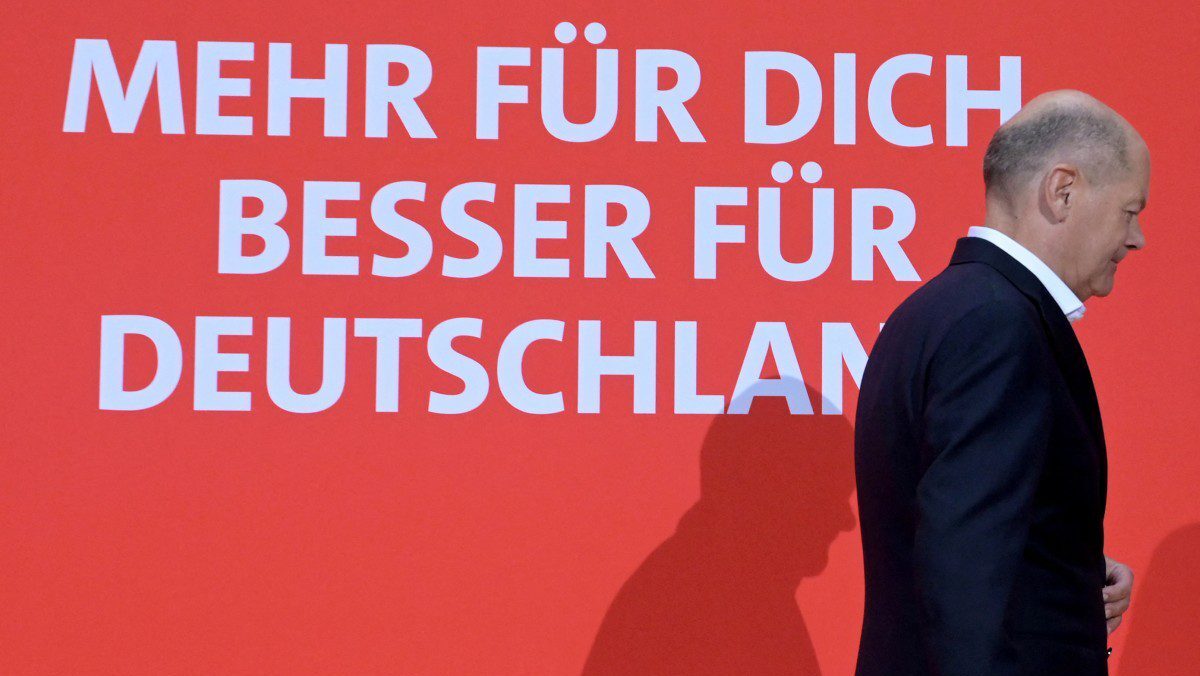The notorious Swedish-Danish politician Rasmus Paludan, who last week was sentenced to four months in prison for two cases of “incitement against ethnic groups,” told the media he intends to appeal—and the prosecutor in the case hasn’t ruled out appealing the length of the sentence.
Prosecutor Adrien Combier-Hogg said he is partly satisfied with the verdict: “As for the question of guilt, that is, the part where it is determined whether he has committed a crime and what type of crime it is … they have ruled in accordance with my indictment in large part.”
However, the four-month custody sentence handed down by the court is only half of what Combier-Hogg requested. “I still believe that there are reasons and grounds for that claim,” he said, but added he had not yet had time to peruse the details of the sentencing document.
The case stems from two occasions in Malmö in 2022 where Paludan burned a Quran in public and made statements regarding Islam that the court considered to qualify as “inciting hatred against a group of people.”
The district court ruled that the politician expressed disrespect for Muslims and that his actions cannot be excused simply as a criticism of Islam or as political campaign work.
According to court chairman Nicklas Söderberg, the verdict is not based on any prohibition on publicly speaking critically about, for example, Islam or Muslims—as long as it’s carried out in a ‘factual discussion’—but that’s not what the court judged that Paludan did:
It’s not about standing in a rest area and talking for three hours about the prophet Muhammad’s invented sexual habits and wrapping a Quran in bacon, playing football with it, spitting on it, and blowing your nose in it. In these cases there was no question of any such discussion. The statements were instead just about mocking and insulting Muslims.
Paludan—who is a lawyer—said his actions were not directed at an ethnic group but constituted a critique of a religion and that the judges had ruled not according to what he said, but based on their own interpretation of his words.
The prosecutor told Samnytt the conviction is in accordance with how the law is intended to function:
It is an interpretation. It definitely is. I have been clear about that from the very beginning. But in my opinion, and according to the district court’s as well, this is the only reasonable interpretation of what he says in these instances.
He told state broadcaster SvT the ruling clarified the line between freedom of expression and incitement against ethnic groups:
Just because someone is, in some sense, categorized under the term ‘politician,’ that doesn’t mean this is the type of politician you’re referring to when you say that politicians have a higher level of protection for their freedom of speech.
In July, the government presented a proposal that would give authorities the right to prohibit manifestations deemed to “threaten the country’s security”—including Quran burnings, which are currently protected speech under Sweden’s free speech laws. But the proposal has received strongly worded criticism from consultative bodies.
The Swedish Journalists’ Union, along with Amnesty International and Civil Rights Defenders, have all expressed opposition, and the Chancellor of Justice said the proposal would constitute “far-reaching interference with freedom of speech, assembly, and demonstration.”
Even law enforcement authorities are critical of the government proposal. The Swedish Security Services (Säpo) said in its official comment that
the provision opens the door for various actors to use violence or the threat of violence to influence which expressions of opinion are allowed at a public gathering in Sweden. … The new provisions risk increasing the motivation of opponents to stoke tensions that could lead to the security situation deteriorating to the point where a certain expression of opinion is prohibited.
Quran-burning demonstrations by Paludan and other activists in Sweden last year triggered violent protests in Sweden and across the globe, including a storming of the Swedish embassy in Iran




